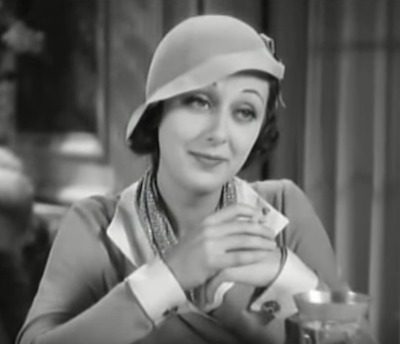Depressed Heroines & Classic Film: Three on a Match
Is there anything scarier than Bette Davis playing nice?
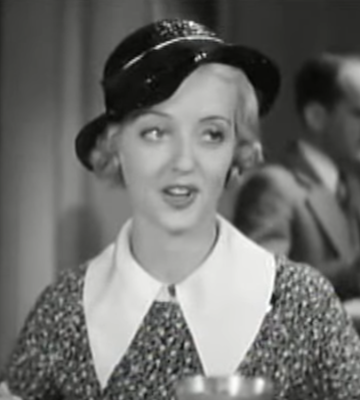
I see that sunny face, that sugary smile, and I’m just waiting for the other sledgehammer to drop. It’s unnerving in films like Three on a Match (1932) that she acts like a sweetheart throughout. It’s a terrible waste, of course. But early Hollywood didn’t know what they had in Bette. (Kind of like Amy Sherman-Palladino, who had Melissa McCarthy in her Gilmore Girls cast playing an annoying, bubbly local instead of, I dunno, someone funny. But I digress.)
Three on a Match is a peculiar, truly half-baked film in many ways. But it’s also a riveting one, and chock-full of stars. And its pace is breathless (it barely passes the hour mark). I’m not going to spoil the big plot developments near the end–too interesting–but I will spoil some of the earlier developments, so be warned.
First of all, when you have Edward Arnold and young Humphrey Bogart playing scary gangsters, you know you’re in for a good time.
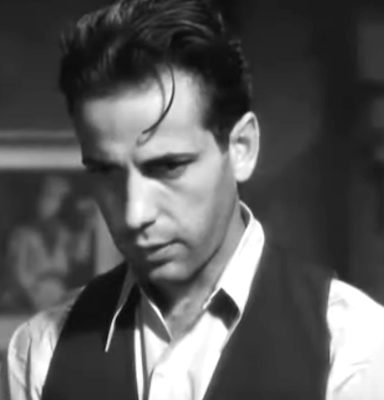
(Not that their danger combined holds a candle to the terror that is sweet Bette, but….)
You have Joan Blondell, playing to type (which is always marvelous).
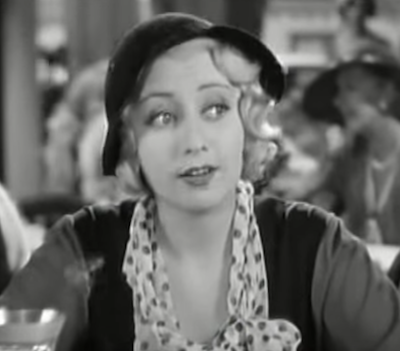
Warren William plays an unexpectedly bland part. And then there’s Ann Dvorak in a performance that should have secured her career, especially after her breakout in Scarface the same year.
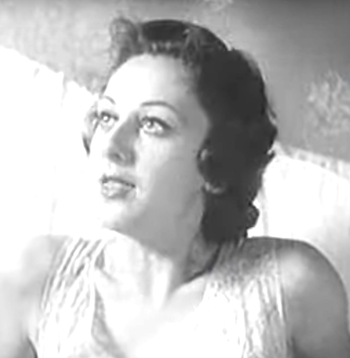
The premise of the film is fascinating; it’s from an old WWI superstition about the danger of lighting three people’s cigarettes from the same match, an act said to doom one.
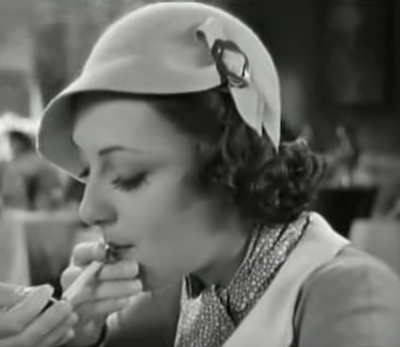
Three former schoolmates–played by Blondell, Dvorak, and Davis–get together to catch up on their lives and light that match, and soon one’s fate will rise, the other’s will fall, and the third’s (Davis) will be largely irrelevant, her presence simply for the sake of the film’s title.
The doomed character emerges early on because lovely Vivian (Dvorak) is unhappy despite a seemingly perfect husband, house, and kid, and while we modern viewers quickly identify her as depressed, no such word is uttered in the film. What’s fascinating is that though Vivian ditches her husband, starts sleeping with a gangster, neglects her child, and becomes a drug addict, the movie still extends sympathy for her, just as The Hours would do years later for women dissatisfied with their roles. “Pre-Code,” you remind yourself. “Pre-Code.” Vivian’s lust for the gangster is startlingly evident, as is her later addiction.
But where the film excels in a nuanced portrayal of a complicated woman, it stumbles with the supposed bond between the three schoolmates. When Vivian hooks up with the gangster, she hides from her husband, who is desperate to find her and their son. Mary (Blondell) gives her away. We understand that betrayal, given the squalor the son is living in. But then Mary takes Vivian’s place at her husband’s side. This is a pretty shady act, calling her motives into question. Yet we’re not asked to see it that way. It’s like the film is saying, “Well, Vivian wasn’t taking advantage of this wealthy dad, so someone should.” Vivian’s lack of anger for Mary could have been very interesting–if the film had suggested that there should have been any. And as for the third schoolmate, Ruth (Davis), why is she in the film at all? All Ruth does is read while babysitting Vivian’s child. And smile. And smile some more. It’s unnerving and unnecessary, and if you were as terrified as I was by What Ever Happened to Baby Jane? and The Little Foxes, you’ll find it downright creepy.
Just when you’re thinking this bizarre relationship between the women isn’t really working for you, the film turns sinister and you can’t turn away. Bogart gets his chance to shine in a truly evil role.
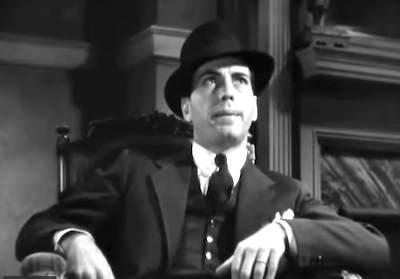
Vivian gets boxed into a hopeless situation, and you fear for her, wondering what she can do to retain some smidgen of the woman she was before addiction took hold.
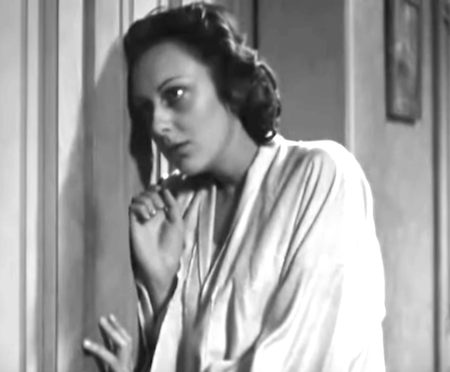
Dvorak holds her own against Bogart in powerful scenes that make you wonder why you know so little of her.
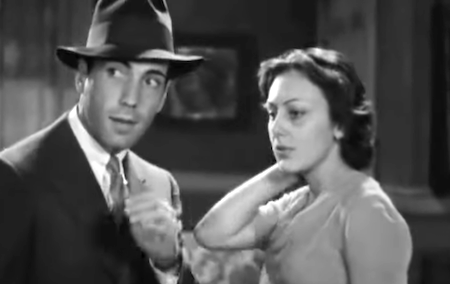
Alas, it’s a familiar story: Dvorak ticked off the bosses. It turns out she objected to the studio’s choice to pay her the same amount as her (very forgettable) son in Three on a Match, but she did enjoy the year-long honeymoon she took with her husband instead of putting out films for them.
I like to imagine Dvorak taking off on that honeymoon, leaving behind the sexists who would soon censor sympathetic characterizations of complex women, like Vivian. It might not have been a long-lasting victory, but it makes me smile just the same. And if you watch her heartbreaking, memorable performance in Three on a Match, you’ll feel the same.
